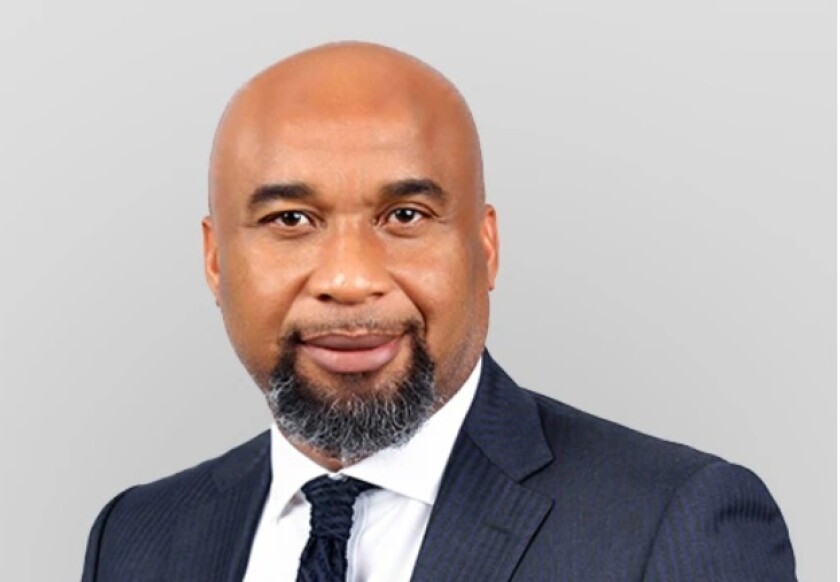Called IFC EDGE, the scheme was launched by the International Finance Corporation, part of the World Bank Group, back in 2014. The name stands for Excellence in Design for Greater Efficiencies, which promotes the financial benefits of sustainable resource use in all building types.
Specifically it aims to assist developers and builders to quickly identify the most effective strategies to achieve energy saving, water saving and embodied energy materials.
Now, the IFC has added a data centre element to the certification, which it developed with African data centre operator Rack Centre. It is expanding its IT load in Lagos from 1.5MW to 13MW and has been awarded the EDGE recognition for the "significant savings the centre will achieve in energy and water use, incorporated as part of the design to expand the facility’s IT load".
On completion of the expansion, Rack Centre is forecast to achieve 35% more energy savings, which is estimated to avoid carbon emissions totalling 100 tonnes each year, according to the firm's own calculations.
Ezekiel Egboye, Rack Centre COO and founding executive, said: “Rack Centre has a track record of setting the standard for power usage efficiency in the region. Sustainability is at the core of what we do, a quest that permeates through all our actions. We are delighted to be the first to be certified in Europe, Middle East and Africa, which is really a continuation of Rack Centre’s firsts in Africa.
"It is an honour to receive this certification and another step in delivering sustainable digital infrastructure in the region," he added.
There are a number of global certification schemes for sustainable buildings and the most recognisable of these – LEED and BREEAM – both offer data centre certifications. There's also the UK-based Carbon Trust, which works with players across the ICT industry.
The IFC's finance-focused scheme looks to empower developers of residential and commercial buildings of all types to deliver resource efficient buildings in a fast, easy and affordable way. IFC said the idea is to enable such developers and builders to "quickly identify the most effective strategies to achieve energy saving, water saving and embodied energy materials".
Rack Centre said it will achieve its savings through a range of measures and green design principles, however, not all are that green. On fuels, Rack Centre will swap diesel for gas power generation, creating a financial saving of "more than US$10 million", although the cost to the environment will remain high.
More promising measures listed in the press announcement included: implementing water efficient cooling systems, implementing a low energy air circulation system, and sourcing local materials and services "wherever possible".





